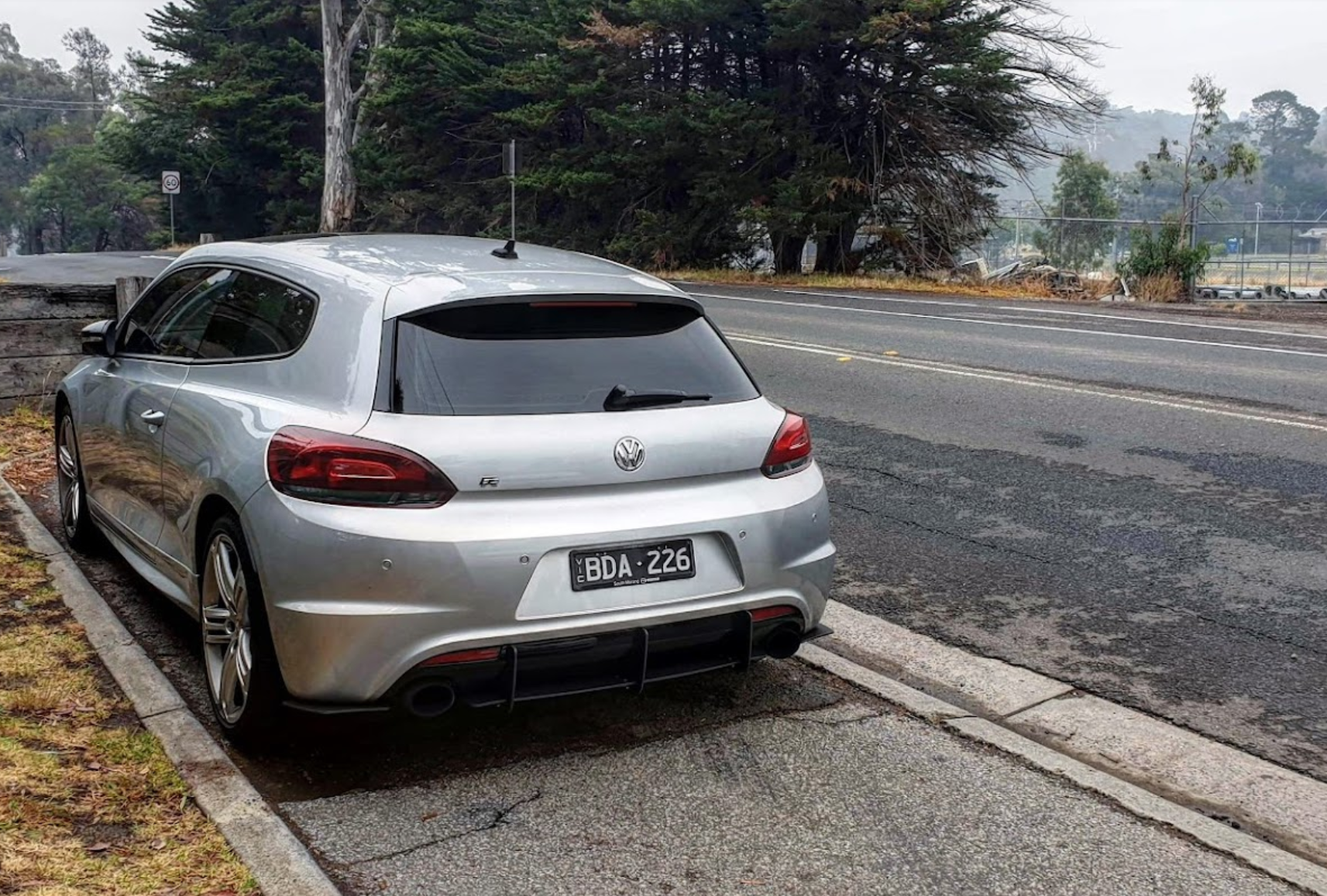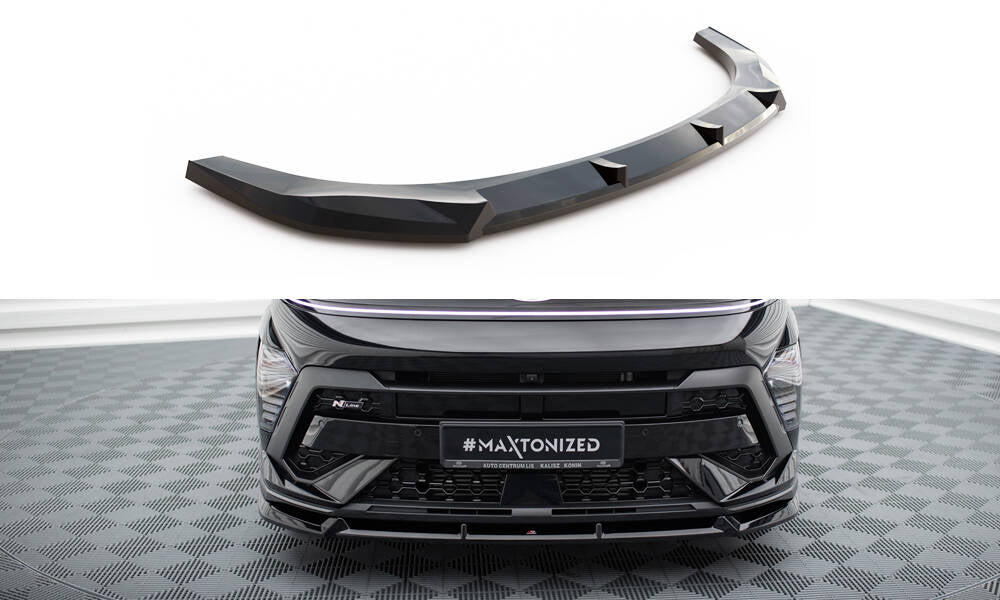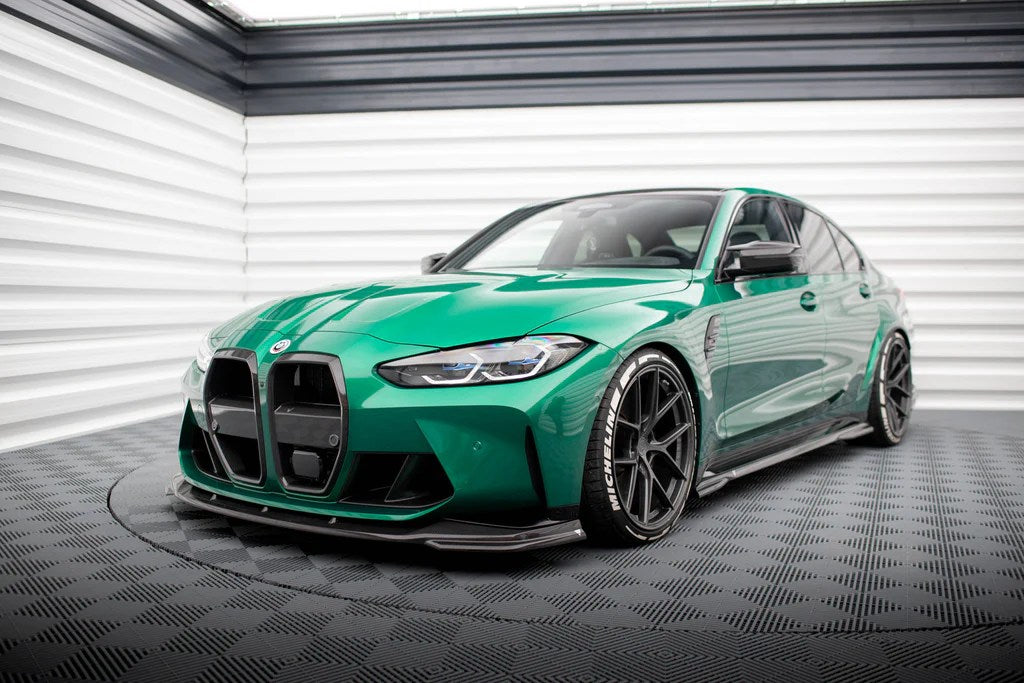If you’re new in the custom car scene, it’s easy to get swayed by the misconceptions about body kits that are rampant in the industry. Don’t let these myths impact your decisions and preferences when buying and installing your body kit.
To help you with that, we debunked some of these popular myths. So read on and ensure you get in the game the right way.
1. All Body Kits Improve Performance
Many people believe that adding a body kit automatically boosts a car's performance. While some body kits may have aerodynamic benefits, some body kit components are mostly designed for aesthetics. Upgrades in performance will have to come from other modifications like engine tuning or suspension changes.
So if you’re thinking of installing a body kit on your car to make your car faster, you might need to think twice about that.

2. Body Kits Always Fit Perfectly
It's a common misconception that body kits always fit like a glove. We wish that’s true but unfortunately, there’s not.
Factors like the car's make and model, the kit's quality, and the skill of the installer can affect fitment. That’s why professional installation is necessary to ensure a perfect fit.
If you’re planning a DIY body kit installation, make sure to equip yourself with knowledge and a lot of patience.
3. They're All Made of Fiberglass
While fibreglass is a common material, body kits come in various materials like carbon fibre and ABS plastic. Below are some of the most common body kit materials and their pros and cons:
- Fibreglass is lightweight but can be brittle
- Polyurethane is flexible but heavier
- Carbon fibre is premium but expensive
- ABS plastic is durable but may lack the premium feel of other materials
Depending on your budget and preferences, the materials you may end up getting can vary. Make sure to research and plan everything before you buy your body kits.
4. Body Kits Are All About Making Your Car Look Like a Supercar
Some people assume body kits are only for those who want their car to mimic a supercar. In reality, body kits come in various styles, from subtle enhancements to extreme modifications, so you can choose one that suits your taste and the character of your car.
With the right body kit components, you can either muscle up your car or make it look sleeker.

5. Body Kits Are Expensive
While some high-end body kits can be costly, there are affordable options available. Prices can vary based on the materials, brands, and complexity.
We guarantee you that you can find budget-friendly kits that can still enhance your car's appearance. However, these could take you longer than usual because some of these budget body kits can get out of stock quickly. So, patience, my friend.
6. Bigger Is Better
In some aspects of life, bigger is not always better. So choosing an excessively large body kit with huge spoilers, fenders, and side skirts may not be the best choice for the car you own and what you’re trying to achieve.
Opting for larger body kit components from top to bottom can make your car look overdone or even compromise functionality. That’s why when selecting a body kit, it's essential to maintain a sense of proportion and balance.
7. Body Kits Always Improve Resale Value
Adding a body kit doesn't automatically increase your car's resale value. The impact on resale value depends on factors like the quality of the kit, how well it's installed, and the preferences of potential buyers. Some may appreciate the customization, while others might be deterred.
So if you’re customising your car with body kits with the idea of selling it in the future, understand that you might not sell it for what you think it's worth.
8. DIY Installation is Easy
If someone tells you that body kit installation is easy and that you can DIY it, don’t take their word for it. Trust us, it’s not a walk in the park.
Installing a body kit requires skill and experience. While DIY installation is possible, it can be challenging, and mistakes can be costly to repair. To ensure a professional finish, make sure to hire a skilled installer to do the job.
9. Body Kits Are Illegal
Most body kits are legal, as long as they don't obstruct lights, signals, or license plates and comply with local regulations. However, extreme modifications or kits that significantly alter a car's appearance may require specific approvals.
10. You Need a Sports Car for a Body Kit
Body kits aren't limited to sports cars. They're available for a wide range of vehicles, including compact cars, sedans, SUVs, and even trucks. It's about personalizing your vehicle, regardless of its type.

11. You Must Get the Whole Kit
You don't have to commit to an entire body kit. It's possible to mix and match components, or you can choose to install only specific parts like a front lip, side skirts, or rear bumper to achieve the look you desire.
Again, it’s all about your preferences. If you just like a subtle customization for your car, then install only a couple of body kits. But if you want to be bold and loud on the streets, that’s when you should go for a full body modification. And both are completely okay.
12. Body Kits Ruin Fuel Efficiency
While body kits can affect aerodynamics, their impact on fuel efficiency is generally minimal. The difference in gas mileage is often negligible for most street-driven cars.

And there you have it! If you’re a newbie in the custom car scene, these are some of the myths about body kits that you definitely shouldn’t believe.
To make sure that you’re on the right path on your car customisation journey, always ask a professional installer or a body kit expert like us for help. We can understand your needs and goals and help you choose the best body kit components for you.






